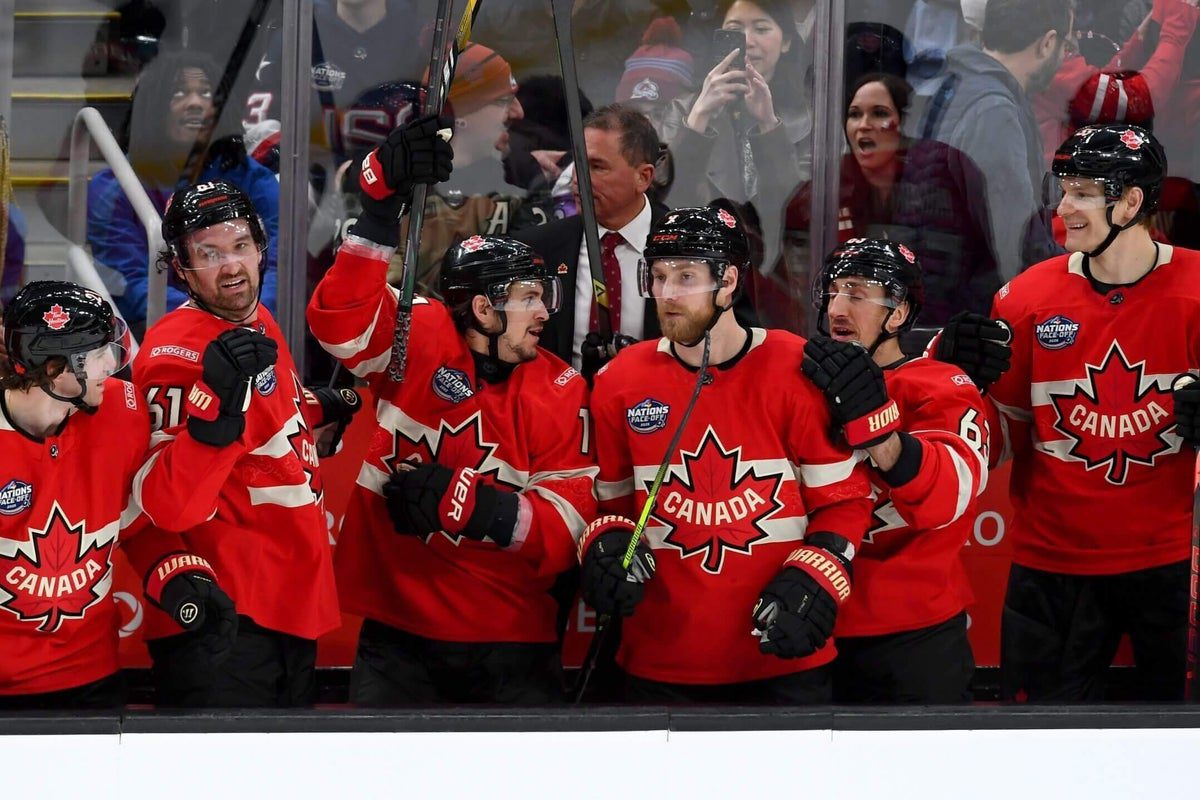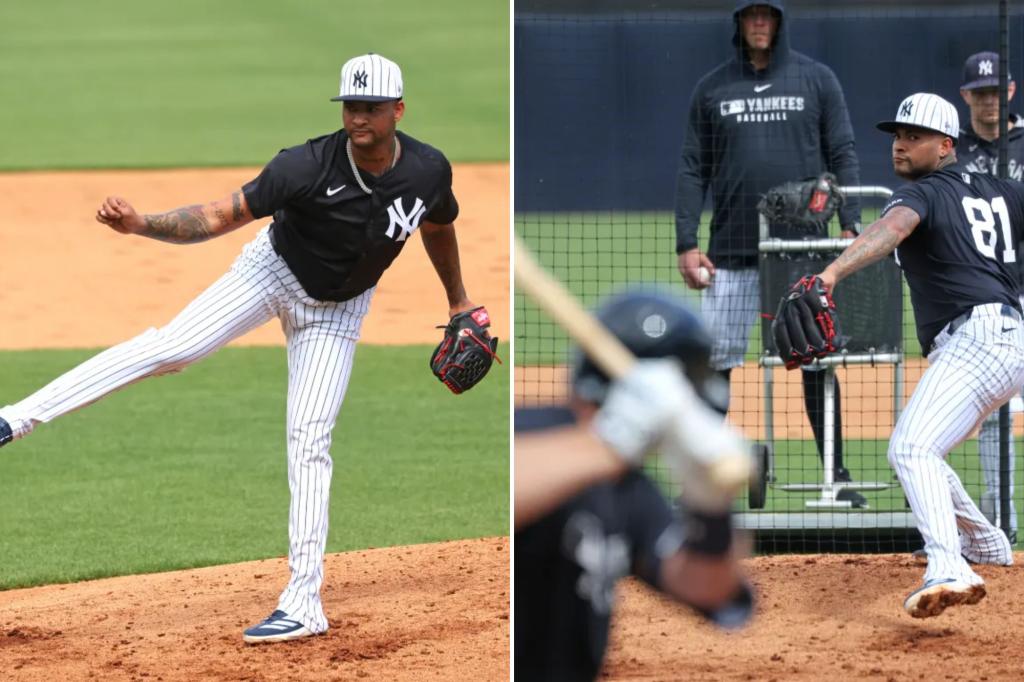
Reaching the final of the 4 Nations Face-Off is a non-negotiable goal for Team Canada, reflecting the high expectations of 38 million Canadians. Even more importantly, this is an aspiration they set for themselves.
“The players share the same mindset as the fans,” Drew Doughty expressed at the beginning of a tournament that will culminate in a much-anticipated Canada-U.S. final on Thursday night.
“Our expectation is to win, and we won’t settle for anything less than a championship. Many of us feel that pressure, but it energizes us. It doesn’t negatively impact our performance.”
Canada showcased their resilience, delivering their strongest performance to date with a 5-3 victory over Finland on Monday afternoon. This match was crucial, allowing the Canadians to make significant improvements following an opening 4-3 overtime win against Sweden and a 3-1 defeat to the United States.
Nathan MacKinnon netted two goals after a frustrating previous game. Connor McDavid set the tone with an opening goal, looking particularly threatening alongside Brayden Point. Jordan Binnington, trusted by his coach for a third consecutive start, made 23 saves, while Cale Makar returned from illness to log nearly 24 minutes, playing a pivotal role.
This performance was like a refreshing reset, clearing the disappointment of their earlier loss to the Americans.
What stood out was the vibrant and cohesive nature of Canada’s offensive play, despite their disrupted sleep schedule caused by travel between Montreal and Boston. They arrived around 6 a.m. Sunday after a flight through severe weather and faced their first afternoon game of the tournament, needing a clear win to secure their spot in the finals.
Nevertheless, the Canadian team overcame these challenges, further enhancing their performance by scoring off fast breaks and strong team pressure, which forced Finnish goalie Kevin Lankinen out of the game, while committing minimal errors and maintaining a solid defense in front of Binnington.
They also displayed a more aggressive shooting approach compared to their earlier game against the U.S., registering a tournament-high of 11 shots in the first period against Finland.
“We need to maintain our intensity throughout the entire game, just as if it were tied in the final five minutes,” Canada’s coach Jon Cooper stated. “Staying disciplined in our strategy is vital. We don’t have to force plays; our talented team can create opportunities when it counts.”
The organizers are thrilled about the impending U.S.-Canada rematch in the 4 Nations final. The Americans made headlines by initiating three fights within the first nine seconds of their last matchup, as Brady Tkachuk remarked, signaling to the hockey community, “It’s our time now.”
Canada, however, stands just one victory away from extending its legacy of excellence to four consecutive events, having previously secured gold at the 2010 and 2014 Olympics, as well as the 2016 World Cup of Hockey.
Reaching the 4 Nations final holds immense significance, granting Canadian players and staff an additional 72 hours to work together. This includes two more days of strategy sessions and practices, culminating in the experience of competing in a high-pressure environment at TD Garden against a robust opponent.
With nearly nine years since the last similar event and only a year remaining until NHL players return for the 2026 Olympics in Milan, these additional opportunities for bonding are invaluable.
While the players concentrate on the immediate challenges, senior officials at Hockey Canada are strategically planning for the future throughout the 4 Nations tournament. This involves reviewing game footage to assess player performances with the upcoming 2026 Olympics in mind. Doug Armstrong, who oversees both the Canadian national team and the Olympic squad, is also closely monitoring the operational efficiency of the coaching and training teams.
“Our focus is distinct — the two events are separate,” Hockey Canada’s senior vice president of high performance, Scott Salmond, explained to The Athletic. “We’re here to win, and learning will naturally occur in the process. Jon Cooper expressed his enthusiasm, noting how much more prepared the team will be for the Olympics, having this experience to build upon.”
The principle driving Canada’s success in short-term tournaments is the commitment to improvement every day. This focus is evident so far at the 4 Nations, though the coaching staff will likely address the two late five-on-six goals they conceded against Finland, which turned a comfortable win into a tense finish.
As Binnington summarized: “It was a great 50-something minutes, but then it got a bit chaotic.”
However, at this level of hockey, perfection isn’t the goal.
For any Canadian athlete, the true focus remains on achieving results.
As Cooper concluded his pregame address to the team on Monday at TD Garden, he emphasized, “Let’s go out there and make the country proud, boys!”
All that remains is one final victory to fulfill that promise.
In Canadian hockey, that’s the reality.
(Photo: Steve Babineau / 4NFO / World Cup of Hockey via Getty Images)










